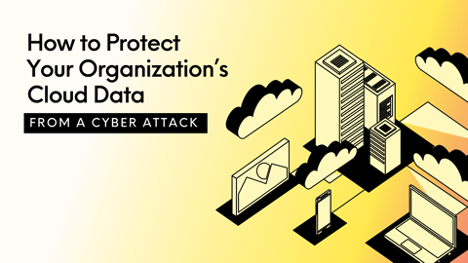
MLOps are one of the big names in AI these days. As with all new trends, they bring excitement and speculation along with them. But what exactly is this development, and where is it headed?
Many aspects of technology can be confusing for most of us. However, if broken down into plain language, trying to make sense of technological developments can be a lot less arduous. Let’s take a look at the facts surrounding MLOps, where they come from, and where they seem to be going.
[..]
Read more...










